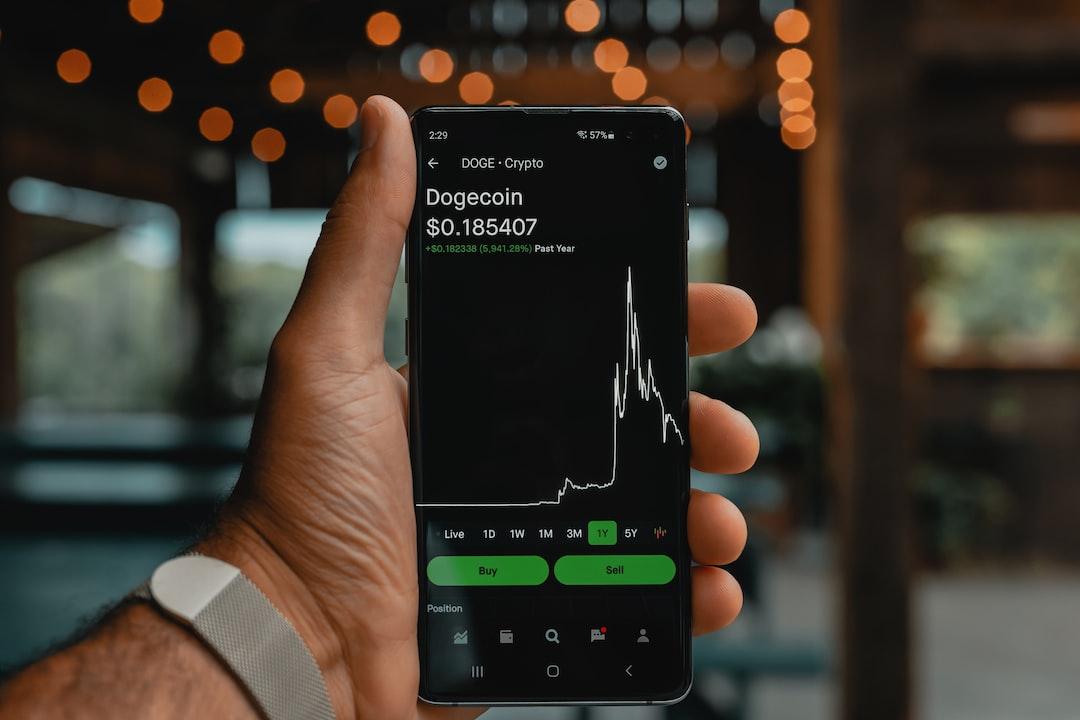Disclaimer: The opinions expressed in this article are solely those of the author and do not reflect the views of crypto.news’ editorial team.
The rise of real estate tokenization in the crypto industry has led to its classification as a security in various jurisdictions with well-established financial regulations like the United States, European Union, United Kingdom, and Australia. This piece delves into the constraints of tokenization-securitization and argues that the focus should be on digitizing property rights rather than delving deep into land registries. In a previous piece, the author introduced the concept of “title token” and the blockchain estate registry as the next-generation land registry. Let’s now examine the potential of securitization to understand why the digital economy cannot advance without a fundamental overhaul.
Land registries transitioning to blockchain technology was discussed in the prior article.
The traditional view of real estate as a valuable but illiquid asset class has posed challenges for smaller investors due to high upfront investment requirements. Blockchain technology is seen as a solution through real estate tokenization, where physical assets are converted into digital tokens tradable on a blockchain, making investments more accessible and improving liquidity in the real estate market.
Despite the attention real estate tokenization has garnered, a critical assessment of its limitations is crucial. The shortcomings of this model highlight the need for a comprehensive redesign of the land system to ensure meaningful progress.
Tokenization essentially equates to securitization, involving the creation of a special purpose vehicle like a corporation or trust, where tokens represent shares or units. This security can fall under the category of an investment product or managed investment scheme, as per regulations since the SEC vs Howey case in 1946.
Economically, such securities involve a promise in exchange for cash to undertake an economic venture with the potential for profits. However, the limitations of such securities stem from the fact that the holder does not have full legal rights over the property, restricting its economic applicability.
The initial wave of tokenization, seen during the initial coin offering boom, sparked undue enthusiasm around real estate tokenization, mirroring the general hype in the crypto industry. The belief that tokenized real estate can yield significant profits is akin to market bubbles.
While real estate tokenization is touted as a way to enhance liquidity and accessibility, the underlying asset’s stable nature contrasts with the volatile stock market, where innovation can lead to exponential growth. Real estate markets tend to move uniformly, making substantial gains unlikely for tokenized properties.
Comparing real estate investment trusts (REITs) to real property tokens, publicly traded REITs democratize real estate investments by reducing barriers and offering shares of companies owning real estate. However, the daily trading volumes and volatility in REIT markets are significantly lower than major stock exchanges, with REIT performance reflecting broader real estate market trends.
In conclusion, securitization is not a groundbreaking revolution, and the speculative excitement surrounding real estate tokenization is unfounded. While blockchain and web3 technologies can streamline real estate securitization, the inefficiencies of securitized property being a small segment of the market limit its impact. The transition to digital technologies can enhance efficiency, but government inertia in modernizing land registries hinders progress. The future of the digital economy relies on embracing innovative technologies to overcome bureaucratic obstacles and enable peer-to-peer transactions.

